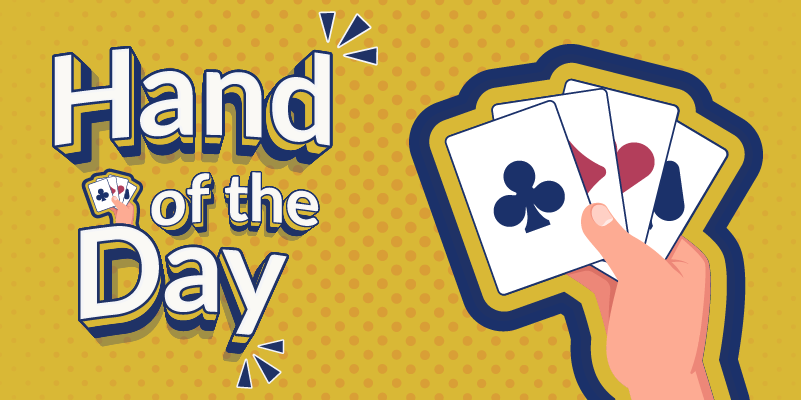



Bobby Wolff answers your questions
Say you open 1NT, the next player bids 2♠ and partner doubles for take-out. What does two no-trump mean by you now? My partner and I disagree on this one.
Simple Soul, Jackson, Tenn.
Answer:
I like this to be natural. There are some hands with length in the opponent’s suit which do not warrant a risky penalty pass, especially sitting under the bidder. My rule is when a hand that has opened or overcalled 1NT naturally then bids 2NT after a take-out double, that is natural. His partner’s action, by contrast, would be two-suited in a parallel sequence.
What would you say is the minimum for a take-out double of a one-level opening?
Up to Snuff, Willoughby, Ohio
Answer: I tend to double with any hand which I would open if it has the appropriate shape – such as a perfect 4-4-4-1, 5-4-3-1 or 5-4-4-0 shape, I will double with less, but if it is imperfect, say a 4-4-3-2 with three in the enemy suit, or 4-3-3-3, I need more than an opening bid. Additionally, you need a little more for a double of one spade, forcing to the two-level if you have a fit, than doubles of other one-level openings.
You hold:
4 at love all, you hear your right-hand opponent open three clubs. That swings around to partner, who doubles. What say you?
Positive Thinking, Selma, Ala.
Answer: Pass
I would pass for penalty holding two trump tricks, and lead the ♠10 to try and work a ruff for another. 3♣ is very likely to go down and the penalty could well be very profitable for my side. Additionally, we might not have enough for game.
My partner opened one diamond in third seat at love all and the next player bid two clubs. I said two hearts and that ended the auction. Partner put down:
I went down three tricks. Is that a normal third-seat opening in your view?
Answer: No. I only open light at the one-level in third seat with good reason, namely a suit that I am keen for my partner to lead, or with some shape in an attempt to disrupt the enemy auction. A one-diamond opening is apt to do little on that front, and partner’s suit was nothing to write home about. His opening was ill-disciplined.
What is the correct way to respond when there is a noticeable hesitation by an opponent in the auction?
Until Proven Guilty, Trenton, N.J.
Answer:
First, this is only a problem if their partner has a subsequent decision. If that is so, best is to agree, at the end of the bidding, that there was a break in tempo. You can then call the director after the hand if you think you have been damaged. Of course, you can also call the director after the auction if you like. You should try not to be aggressive or imply misconduct has taken place. For all you know, the partner of the hesitator might have bid reasonably; if not, the director can sort it out later.




My partner and I were trying to see if there's a reasonable way to plan the play to make a 6C contract by North, with the Heart Queen led by East. The auction had no interference by East/West (West dealt, no vul.). What's the best way to maximize our chances of this making, assuming that clubs aren't split 5-0? Or is there a guaranteed play for this slam to make?
North:
S: AK76
H: 5
D: Q62
C: KJ862
South (dummy)
S: J93
H: AK9873
D: A
C: AQT